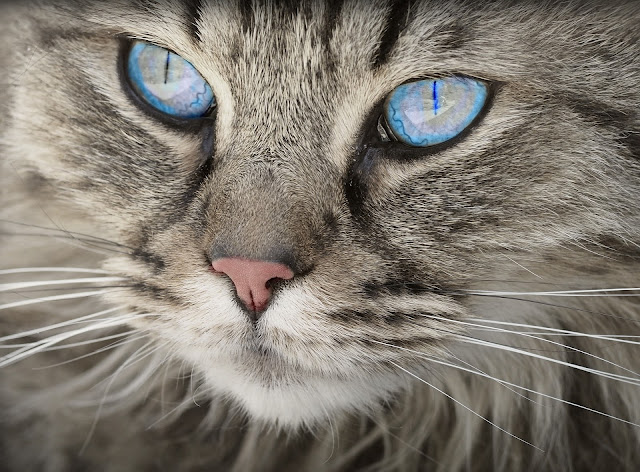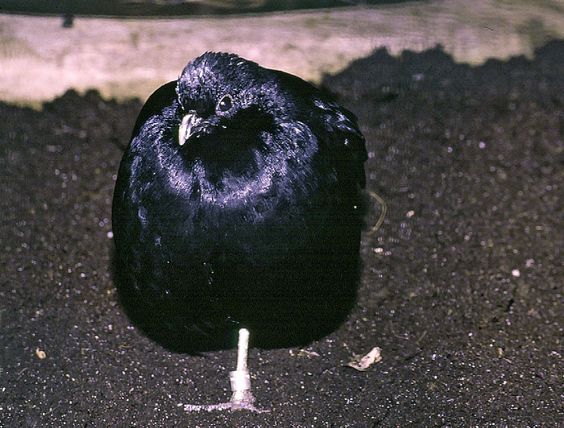
Montezuma Quail
Montezuma quail, also known as Mearns's quail, is a species of New World quail native to the southwestern United States and Mexico. These quails are known for their unique physical appearance, secretive nature, and delicious meat.
Breed Origin:
Montezuma quail was named after an Aztec emperor, Moctezuma II, and Mearns's quail was named after American naturalist, Edgar Alexander Mearns, who first described the species. They are native to the southwestern United States and Mexico.
Uses:
Montezuma quail are hunted for sport and their delicious meat. They are also popular among birdwatchers and nature enthusiasts because of their striking appearance.
Large Fowl:
Montezuma quail are small, plump birds, measuring 22–27 cm (9–11 in) in length and weighing 165–232 g (5.8–8.2 oz). They have round bodies, short tails, and small heads. The male's plumage is more colorful than the female's, with a blue-gray head, a white eyering, and a rusty-colored breast with black-and-white spots. The female's plumage is mostly brown and white.
Weight:
The weight of a Montezuma quail ranges from 165 to 232 grams.
Cockerel:
The term "cockerel" usually refers to a young rooster, which is a male chicken. Montezuma quail are not chickens, so the term "cockerel" does not apply.
Hen colour:
The female Montezuma quail is mostly brown and white.
Egg Colour:
Montezuma quail lay eggs that are white with brown speckles.
Average Egg Weight:
The average egg weight of a Montezuma quail is about 7 grams.
Egg Quantity:
Montezuma quails are not prolific egg layers. They typically lay only 6-12 eggs per year.
In the wild, Montezuma quails are known for their elusive and secretive behavior, often hiding in dense brush or grass and only emerging to forage for food. They are also known for their distinctive, haunting calls that are often heard during breeding season. Due to habitat loss and hunting pressure, populations of Montezuma quail have declined in many areas, making them a species of conservation concern.







